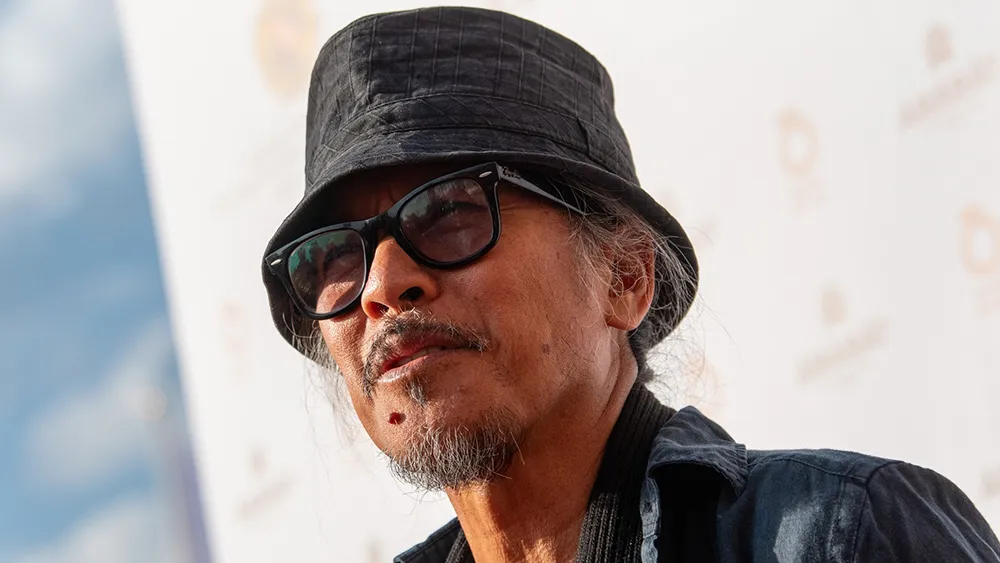Notable Roles | - Independent Filmmaker |
Key Recognition | - Golden Lion, Venice Film Festival (2016) |
Background and Early Foundations
Lavrente Indico Diaz, known professionally as Lav Diaz, was born on December 30, 1958, in Datu Paglas, Maguindanao, Philippines. Growing up in Mindanao during a period marked by political unrest and conflict, Diaz’s early experiences profoundly influenced his cinematic vision. He pursued an economics degree at Notre Dame University in Cotabato City, graduating in 1980. Initially working as a film critic and journalist, Diaz transitioned into filmmaking in the late 1990s, bringing with him a deep understanding of Philippine socio-political landscapes.
Career Milestones and Impact
Year | Milestone |
|---|---|
2013 | Gained international acclaim with Norte, the End of History, screened at Cannes. |
2014 | Won Golden Leopard at Locarno for From What Is Before. |
2016 | Awarded Golden Lion at Venice for The Woman Who Left and Silver Bear at Berlin for A Lullaby to the Sorrowful Mystery. |
2024 | Premiered Phantosmia at the Venice Film Festival. |
2025 | Released Magellan at the Cannes Film Festival. |
- Feature Films Directed: Over 30
- Average Film Length: Approximately 4–10 hours
- International Awards: Multiple accolades including Venice, Locarno, and Berlin Film Festivals
- Academic Honors: Guggenheim Fellowship, Prince Claus Award, Radcliffe Fellowship
Leadership Style and Influence
Lav Diaz is renowned for his commitment to “slow cinema,” characterized by extended narratives and contemplative pacing. His films often delve into themes of historical memory, social injustice, and human resilience, reflecting the complexities of Filipino identity and experience. Diaz’s minimalist approach and dedication to storytelling have inspired a generation of filmmakers to explore unconventional narratives and challenge cinematic norms.
Legacy and Future Focus
Lav Diaz’s body of work stands as a testament to the power of cinema as a medium for social commentary and historical reflection. His unique storytelling has not only elevated Philippine cinema on the global stage but also opened dialogues on the nation’s past and present. As he continues to create, Diaz remains a pivotal figure in advocating for artistic freedom and cultural introspection.









